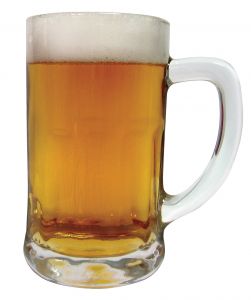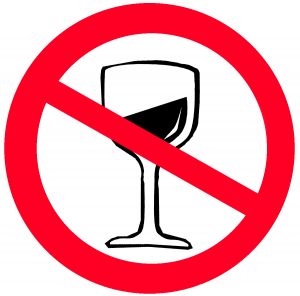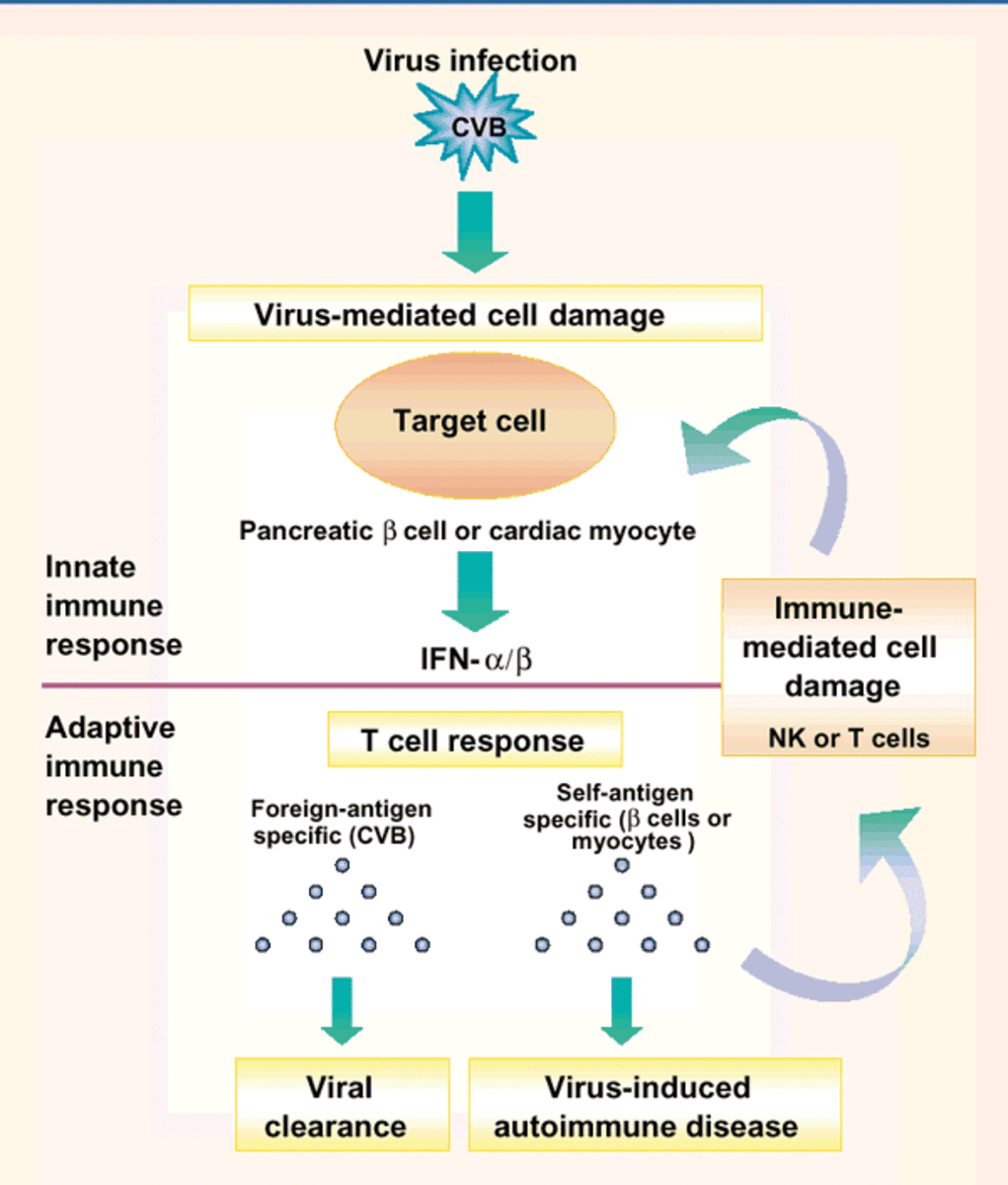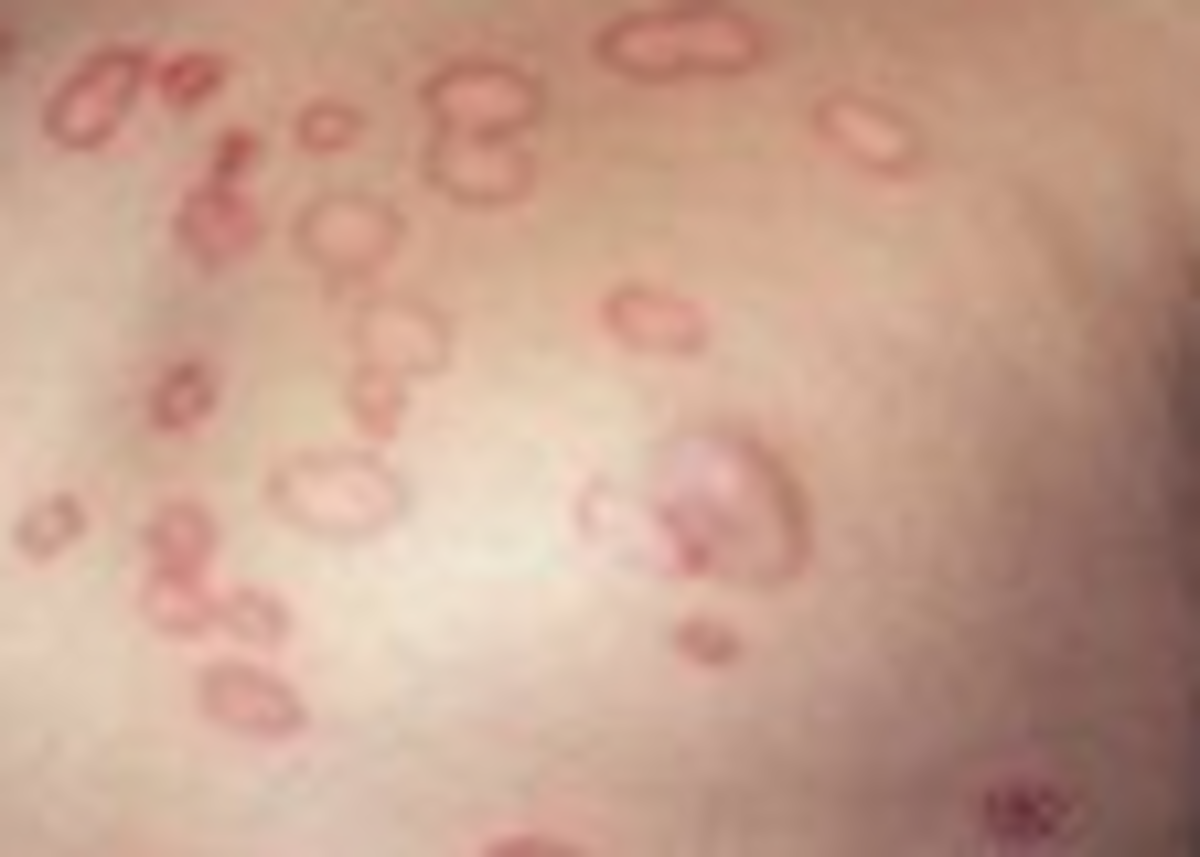Alcoholic Fatty Liver Disease

One unit of alcohol is equivalent to half of a pint of beer or one measure of spirits or 10 g of alcohol.
What is Alcoholic Fatty Liver Disease?
Alcoholic fatty liver disease or ALD is a condition in which there is a build-up of fat that occurs within the liver cells of people who regularly drink alcohol heavily.
When can we say that too much alcohol is consumed to cause development of alcoholic fatty liver? The threshold for men is more than 50 units of alcohol per week or about 25 pints of beer. The threshold for women is any amount beyond 35 units of alcohol per week or about 17 pints of beer. This threshold applies for any type of alcoholic beverage consumed.
When a person drinks alcohol, it goes to the stomach and intestines and is absorbed into the bloodstream. Then, it passes through the liver before circulating around the whole body. In the liver, enzymes metabolize alcohol into other chemical substances. The problem with drinking too much alcohol is that the liver cells cannot cope with the volume of alcohol that should be metabolized, so the level of alcohol in your bloodstream rises.
As in Non Alcoholic Fatty Liver Disease, alcoholic fatty liver disease can occur in three forms:
- Alcoholic Fatty liver. This is the simplest form and is not usually serious nor causes any symptoms. It will usually reverse if you stop drinking heavily.
- Alcoholic Hepatitis. In some people the fatty liver progresses and develops into hepatitis. Hepatitis means inflammation of the liver. It can be mild or severe. A very severe alcoholic hepatitis can quickly lead to liver failure. This can cause deep jaundice, blood clotting problems, confusion, coma, bleeding into the guts, and is often fatal.
- Alcoholic Cirrhosis. This is a condition where normal liver tissue is replaced by scar tissue or fibrosis. The damaged liver cells die so the liver gradually loses its ability to function normally. About 10% of heavy drinkers will eventually develop cirrhosis which tends to occur only after 10 or more years of heavy drinking.

Who are at risk of having ALD?
Not all who drink alcohol develops ALD. What are the factors that contribute to the likelihood of developing ALD? Here are the things that we need to consider:
- Drinking Pattern - Those who drink daily are more susceptible than those who drink intermittently. Non-continuous drinking allows the liver to recover. Those who drink regularly for longer periods of time are also more likely to have ALD.
- Gender - Women are more likely to develop alcoholic hepatitis and progress to cirrhosis even if they stop alcohol consumption. This is because blood ethanol levels following a standard dose of alcohol are higher in women than men, which causes more damage to the liver.
- Genetic - Genetic factors may be important as statistics show that only 10-20% of heavy drinkers develop cirrhosis, and 33% of heavy drinkers have no hepatic consequences.
- Nutrition - Alcohol increases requirements for some nutrients, therefore poor nutrition contributes to one's likelihood of developing ALD. This is especially true for protein deficiency as this diminishes the available amino acids and enzymes that the liver needs for its metabolic processes.
- Coexistence of viral infections like hepatitis B and C increases the seriousness of ALD.
Alcoholic patients
may encounter non-specific digestive symptoms, such as
anorexia, morning nausea with dry retching, diarrhea, and vague right
upper quadrant abdominal pain with ALD. It is recommended that the patient undergo further testings to really know if the symptoms have anything to do with fatty liver disease.
Some of the procedures that a patient may need to undergo are:
- Blood Tests to evaluate the patient's alcohol intake like FBC (may reveal macrocytosis), LFTs, gamma GT (indicates possible alcohol abuse), abnormal ALT (reflects hepatocellular damage) and an AST:ALT ratio (a value greater than 2 suggests alcoholic damage).
- Ultrasound scan may show that you have a damaged liver.
- Lliver biopsy where a small sample of the liver is taken to be studied under the microscope to reveal extent of liver damage and suggest prognosis.

What should I do if I have ALD?
Total abstinence from alcohol. Alcoholic fatty liver disease is usually reversible with cessation of alcohol consumption. Later on, the patient may be allowed to drink modestly as long as it can be controlled.
Alcoholic hepatitis patients, on the other hand, need medical attention aside from the lifelong abstinence from alcohol if he is to survive. The doctor may prescribe corticosteroid therapy, antibacterial therapy, vitamins, minerals and amino acid supplementation, as the case may need.
Cirrhosis is irreversible. It is actually considered as the 3rd or 4th commonest cause of death in adults in the USA. Treatment is directed at its complications and liver transplantation may be required.
Get Counseling and Support. The difficulty in treating ALD lies in the difficulty of stopping alcohol consumption. If a patient cannot stop drinking, he can seek counseling and support from a doctor, nurse, or counselor. Alcohol dependent patients may need to undergo 'detoxification' treatment.
An Ounce of Prevention is Worth a Pound of Cure
Heed these word of advise if you wish to prevent contacting ALD.
Limit your alcohol consumption. For men, it should be no more than 21 units of alcohol per
week (and no more than four units in any one day). For women, it should be no more than 14 units of alcohol per week
(and no more than three units in any one day). Pregnant women or those trying to get pregnant should not drink at all. If you do, it should be limited to 1-2 units once or twice a week.






